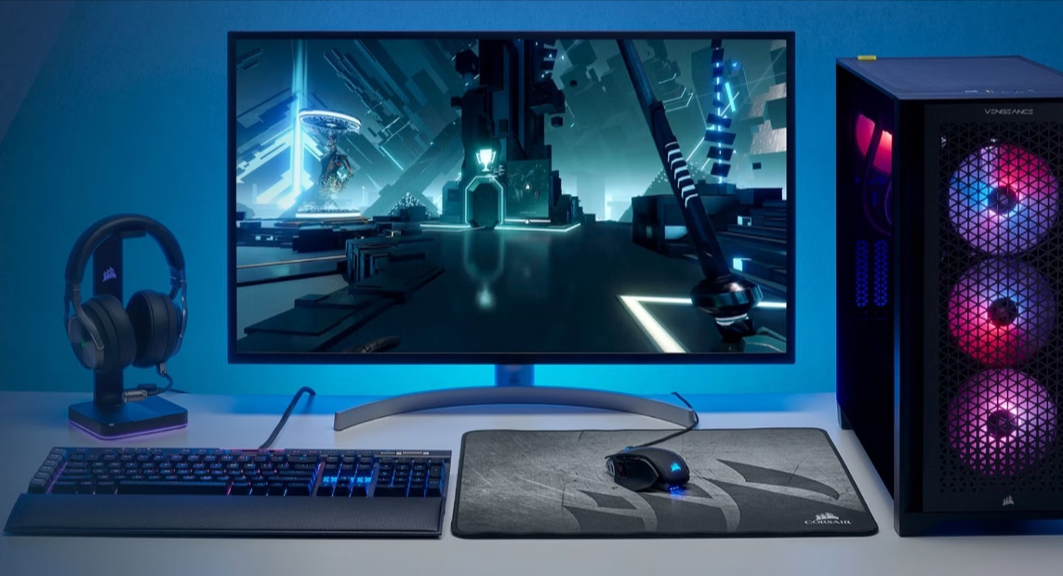When it comes to gaming, the right computer can make all the difference. Whether you’re a casual player or a hardcore gamer, having a machine that can handle your favorite games is crucial. But with so many options out there, how do you choose the right one? Here’s a guide to help you navigate the world of gaming computers.
1. Understanding Your Gaming Needs
Before diving into the specifications, it’s essential to understand what kind of gamer you are. Do you play graphically intensive games like “Cyberpunk 2077” or are you more into less demanding titles like “Among Us”? Your gaming preferences will significantly influence the type of computer you should be looking for.
2. Processor (CPU)
The CPU is the brain of your computer. For gaming, you want a powerful processor to ensure smooth gameplay. Intel and AMD are the two main manufacturers to consider. Look for recent models like Intel’s i7 or i9, or AMD’s Ryzen 7 or 9 series. More cores and higher clock speeds generally mean better performance.
3. Graphics Card (GPU)
The GPU is arguably the most crucial component for gaming. It renders the images and videos you see on screen. NVIDIA and AMD are the leading brands. For high-end gaming, consider NVIDIA’s GeForce RTX series or AMD’s Radeon RX series. Remember, the more powerful the GPU, the better the graphics and frame rates.
4. Memory (RAM)
RAM is where your computer stores data for quick access. In gaming, more RAM allows for smoother gameplay and quicker load times. A minimum of 16GB is recommended for gaming, but 32GB can offer a more future-proof solution.
5. Storage: SSD vs. HDD
Solid State Drives (SSD) offer faster load times and quicker data transfer compared to Hard Disk Drives (HDD). For gaming, consider getting an SSD for your operating system and games, and an HDD for additional storage. A combination of both gives you speed and ample storage space.
6. High-Resolution Display
If you’re buying a gaming laptop, the screen is a critical factor. Look for at least a 1080p resolution, but if your budget allows, 1440p or 4K will provide a much better experience. Higher refresh rates (120Hz or 144Hz) are also desirable for smoother visuals.
7. Cooling System
Gaming can put a lot of stress on your computer, leading to overheating. Ensure your gaming PC has a robust cooling system. Liquid cooling systems are great but can be expensive. Good quality air coolers and well-designed case airflow can also do an excellent job.
8. Upgradeability
Consider how easy it is to upgrade the computer in the future. Desktops generally offer more flexibility for upgrades than laptops. Being able to upgrade components like RAM, GPU, and storage can significantly extend the lifespan of your gaming PC.
9. Budget
Gaming computers can range from a few hundred to several thousand dollars. Set a budget and try to find the best components within that range. Remember, you don’t always need the highest-end components to enjoy gaming.
10. Brand and Aesthetics
While performance should be your primary concern, the look of your gaming PC and the reputation of the brand can also be important. Brands like Alienware, ASUS ROG, and MSI are known for their gaming-focused designs and features.
Conclusion
Finding the right gaming computer can be a daunting task, but by understanding your needs and doing a bit of research, you can find the perfect machine for your gaming adventures. Remember, the best gaming computer is one that fits your personal gaming style and budget. Happy gaming!

